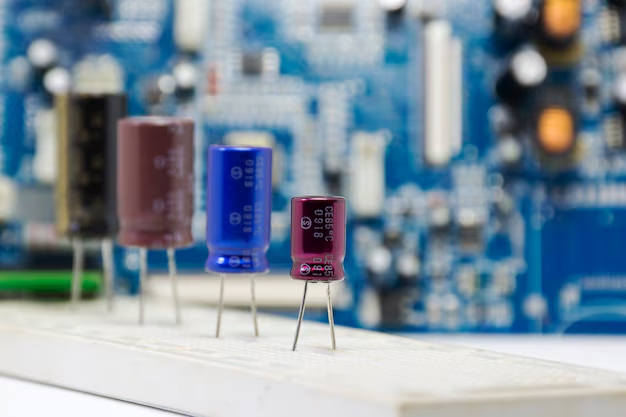In this workshop, students will delve deep into the world of power electronics, using Matlab/Simulink as their primary tool for design and simulation. The workshop covers the following key areas:
Power Converters with Matlab/Simulink
- DC-DC Converters: Students will design and simulate various DC-DC converter topologies such as Buck, Boost, and Buck-Boost converters. They will analyze the performance characteristics, including efficiency and transient response, under different operating conditions.
- AC-DC Converters: This segment focuses on rectifiers and AC-DC converters, exploring the principles of uncontrolled and controlled rectification. Students will simulate these circuits and study their applications in power supplies.
- DC-AC Converters (Inverters): Students will learn to design and simulate single-phase and three-phase inverters. The workshop will cover the control strategies for Pulse Width Modulation (PWM) and their impact on inverter performance.

Power Inverters with Matlab/Simulink
- Single-Phase Inverters: Participants will design and simulate single-phase inverters, focusing on the modulation techniques and their effects on harmonic distortion and efficiency.
- Three-Phase Inverters: This segment includes the design and simulation of three-phase inverters used in industrial applications. Students will explore space vector modulation and its advantages over traditional methods.
- Advanced Inverter Topologies: Students will be introduced to multilevel inverters and their applications in high-power systems. They will simulate different multilevel inverter configurations and analyze their performance.
Power Drives with Matlab/Simulink
- Motor Drives: The workshop will cover the design and simulation of motor drives, including DC drives, AC drives, and variable frequency drives. Students will understand the principles of motor control and the use of Matlab/Simulink for modeling and simulation.
- Control Strategies: Participants will learn about various control strategies for motor drives, such as PID control, vector control, and direct torque control. They will implement these strategies in simulations to observe their effects on motor performance.
- Drive Applications: Students will explore applications of motor drives in various industries, including automotive, manufacturing, and renewable energy. They will simulate drive systems for specific applications to understand their practical implementations.